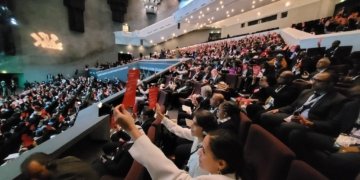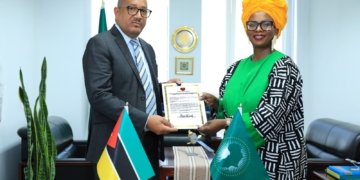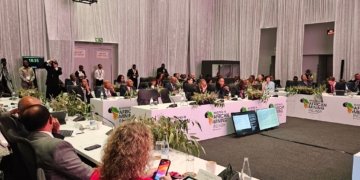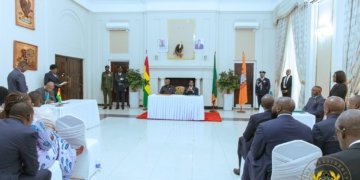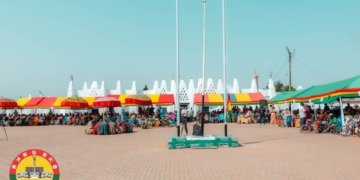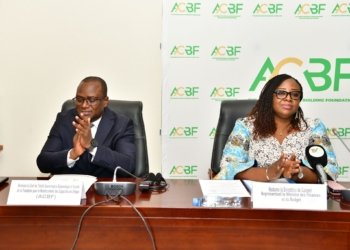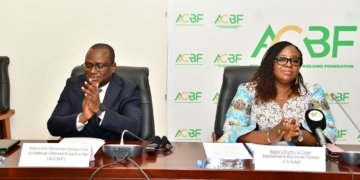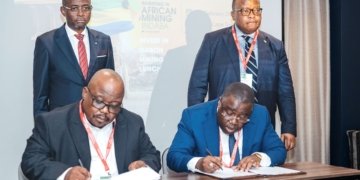Namibia ranks as the top African country in gender equality in the 2025 Global Gender Gap Report, published by the World Economic Forum.
With a score of 81.1 percent, Namibia places 8th globally and has remained in the top 10 worldwide since 2021.
The report tracks gender parity across 148 countries using four dimensions: economic participation, educational attainment, health and survival, and political empowerment.
Sub-Saharan Africa ranked sixth out of eight regions, closing 68 percent of its overall gender gap. While the region lags behind others in education and political empowerment, it showed measurable progress compared to past years.
Notably, Sub-Saharan Africa improved in tertiary education, with women now outnumbering men in enrollment across many countries.
The region also saw increased representation of women in leadership, including ministers and parliamentarians. Rwanda stands out with full gender parity in its national parliament.
Despite these advancements, the region continues to show wide variation in outcomes.
Chad ranked 146th globally, with a parity score of 57.1 percent, while Botswana led the world in economic participation and opportunity, with a score of 87.3 percent.
The political empowerment gap across Sub-Saharan Africa remains substantial, at just 22.2 percent closed, although it has improved from a baseline of zero in earlier editions of the index.
Globally, no country has achieved full gender parity. The top ten countries have all closed at least 80 percent of their gender gaps, with Iceland leading at 92.6 percent.
Namibia remains the only African country in the global top 10.
The report emphasizes that while education parity is nearing completion in many regions, this progress has not yet translated into equal economic outcomes.
Women remain underrepresented in senior roles, despite gains in academic achievement.
Windhoek, Namibia – Bantu Gazette


